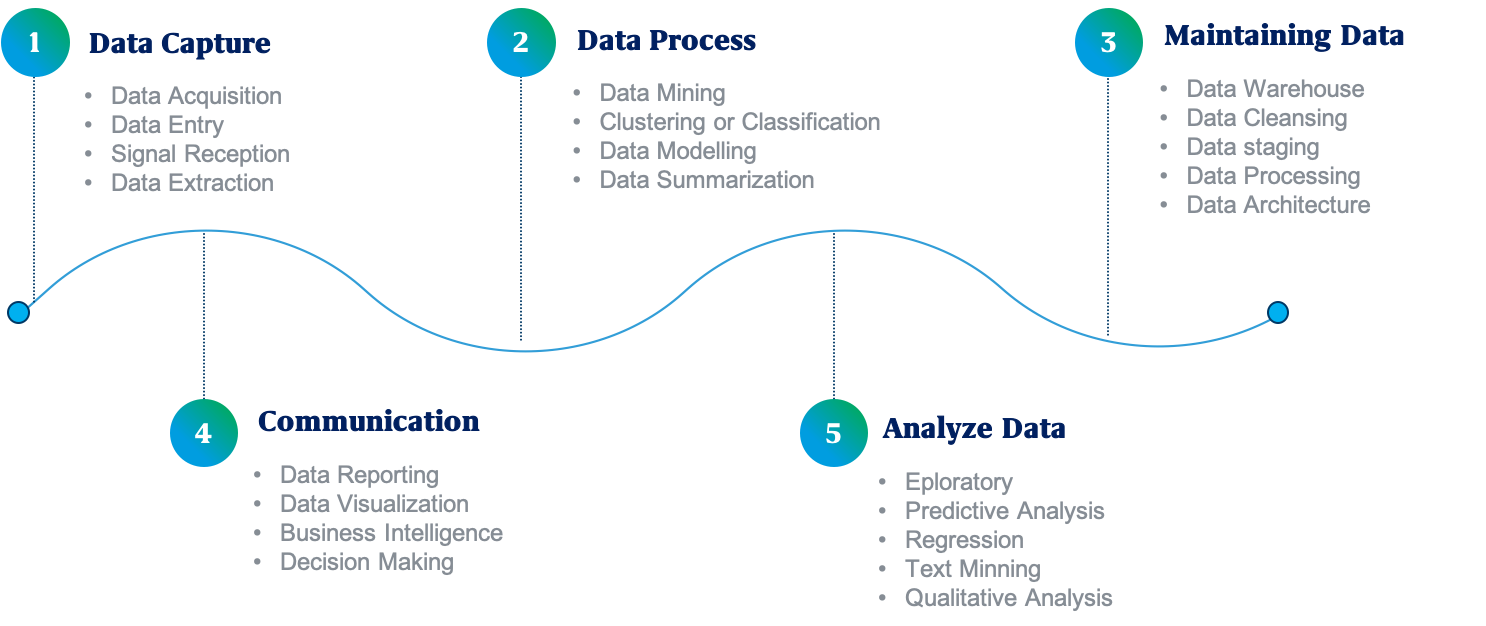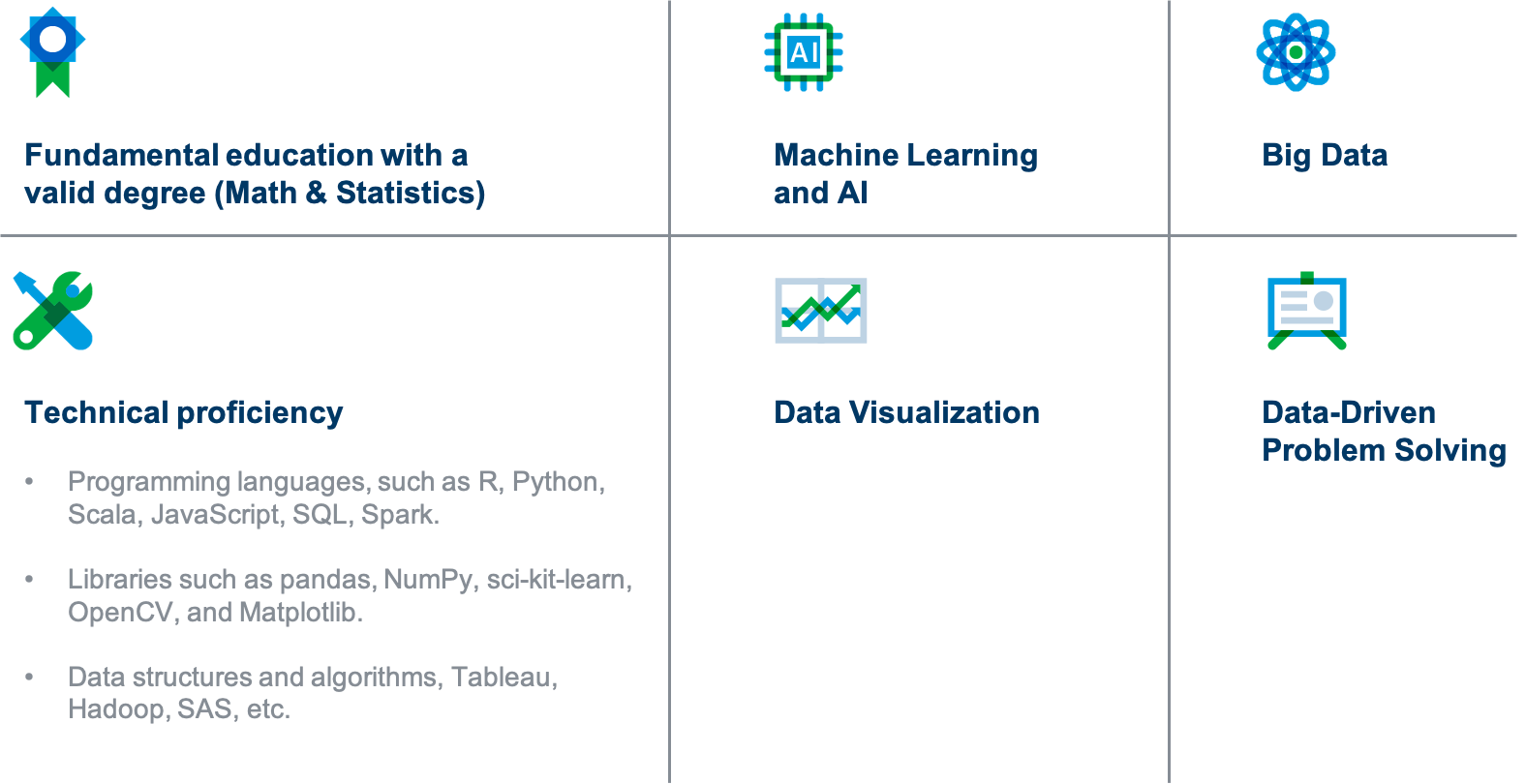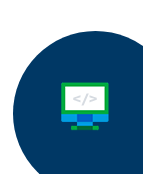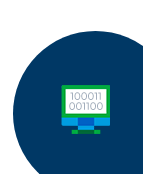Ever wondered how Netflix can decide on which original series to produce? Or how Grab can gain a better understanding of the problems they are meant to solve? Well, they owe it all to their data capabilities. Data is the new corporate currency. The insights garnered are used by companies to get a holistic view of the information that can be filtered and utilized as per their need. This helps them resonate with their target audiences, carve a distinct position, and outlast the competition.
However, there is much more to data than we can fathom. So let’s first understand the science behind data.
Traditionally, data was minuscule, easy to manage and structured before the advent of technology. As we began leveraging technology and smart products, data could no longer be maintained with a simple SQL database (Do refer to our insightful blog dedicated to Database Management). This raw data was heterogeneous. It was unstructured, vast, complex, and extremely advanced as it originated from multiple sources, such as the internet, smartphones, and online transactions from multiple timelines and geographies. This led to an urgent need to streamline and store it safely.
Predictive analytics soon suggested an unprecedented growth of information, to be generated worldwide on the internet. Hence, the focus shifted towards extracting knowledge from the stored data. Experts believed that by deep-diving into the collected data, one could gain granular insights into complex behaviors, trends, and inferences. This could help companies to make forward-thinking business decisions. However, the complexities associated with the vast amounts of data created a challenge that could only be addressed with intelligent data capture techniques. These techniques needed a scientific approach to cleanse, mine, and align data for harnessing its potential.









 Behavioral Competencies
Behavioral Competencies Cognitive Competencies
Cognitive Competencies Coding Competencies
Coding Competencies Domain Competencies
Domain Competencies































Would you like to comment?